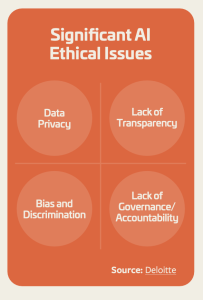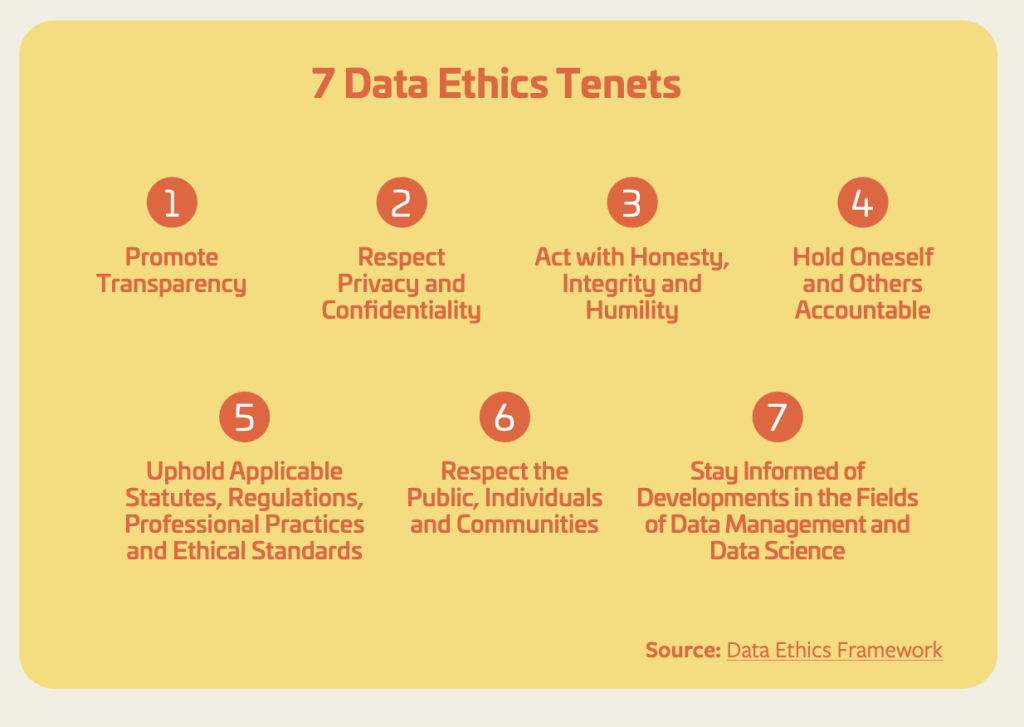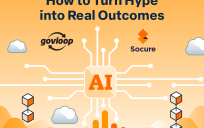By definition, data ethics refers to the norms of behavior that promote appropriate judgments and accountability when acquiring, managing or using data. There are three goals: protect civil liberties, minimize risks to individuals and society, and maximize the public good.
It is about more than complying with legal requirements; in fact, some of the most controversial realms, such as AI, are largely unregulated anyway.
But AI’s expansive use has made data ethics increasingly important. Think about all the constituent data that AI-driven ADM systems use when they make decisions — on governments’ behalf — regarding public benefits, emergency response, child welfare and other concerns. Or about facial recognition systems that are less accurate with darker skin tones.
According to the Federal Data Strategy’s Data Ethics Framework, “The ethical use of data is both an individual and organizational responsibility, involving many stakeholder groups that can be internal or external to an agency.”
“Instead of looking at issues from a single perspective,” the framework cautions, “ethical decision making is best achieved by taking a holistic approach and widening the context to weigh the greater implications of data use.”

4 Basic Principles of Data Ethics
Ownership: Individuals own their data or their information. They have the control and right to decide with whom they share it and at what levels of access.
Transparency: Data should be acquired with consent from data subjects who should be explicitly informed where their data is being stored, for how long and the purpose of accessing it.
Intention: Data should be used only for its intended purpose and nothing more. Ensure it is being used or shared fairly and honestly with authorization.
Privacy: Data should be secured safely to ensure that no personal identifying info runs the risk of identification of individuals or groups. Precautions are taken to prevent data leaks/breaches and dissemination.
(source: Tapaita Kalamafoni, Medium)
This article appears in our guide, “Decision Intelligence: New Possibilities for Data-Based Decision-Making.” For more about how agencies are using data in practical ways, download it here:






Leave a Reply
You must be logged in to post a comment.